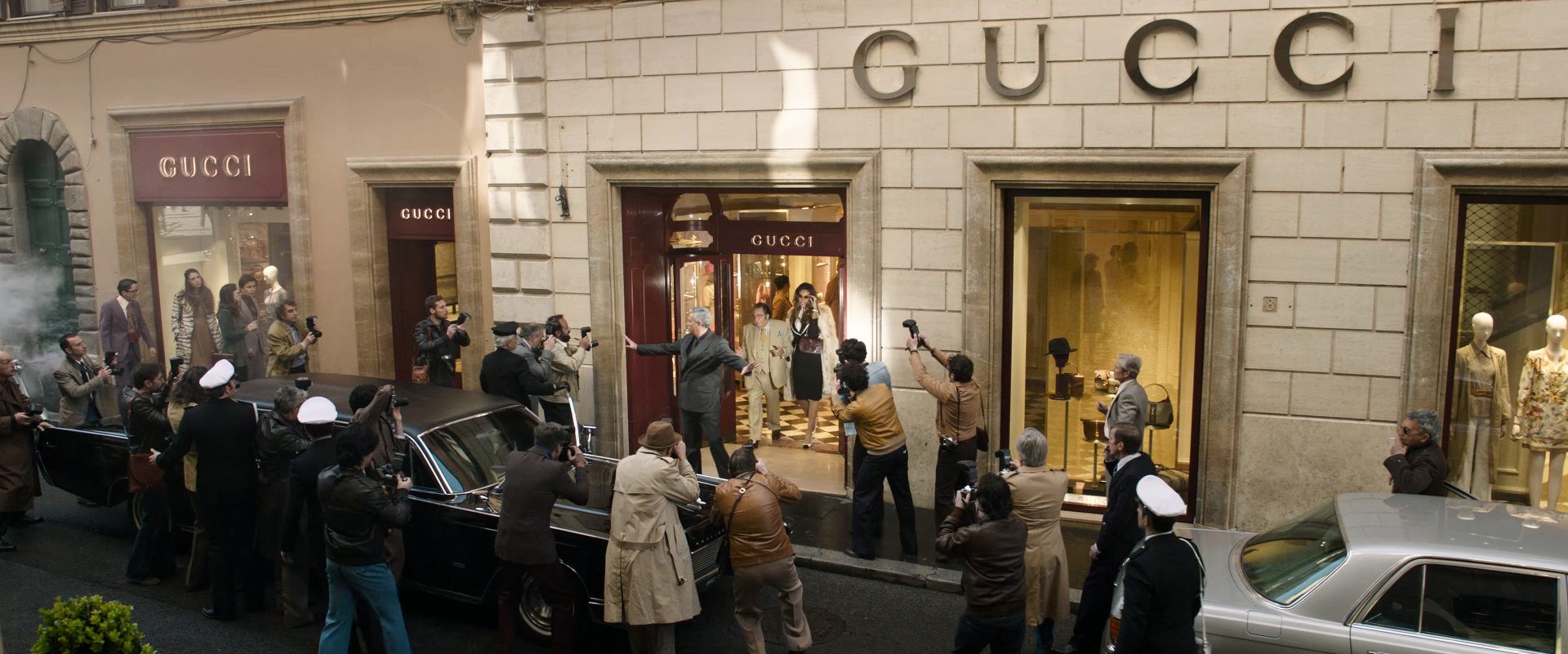
Napoleon: Rise and Fall of the Modern Emperor
Sometimes, the past can show us the flaws we carry in the present. Directed by Ridley Scott, Napoleon is a dramatic look into one of history’s most notorious leaders. Set in the late 1700s, Napoleon follows iconic French Emperor Napoleon Bonaparte (Joaquin Phoenix) as he begins his rise to power. As a young military leader, Napoleon shows much ambition and…





